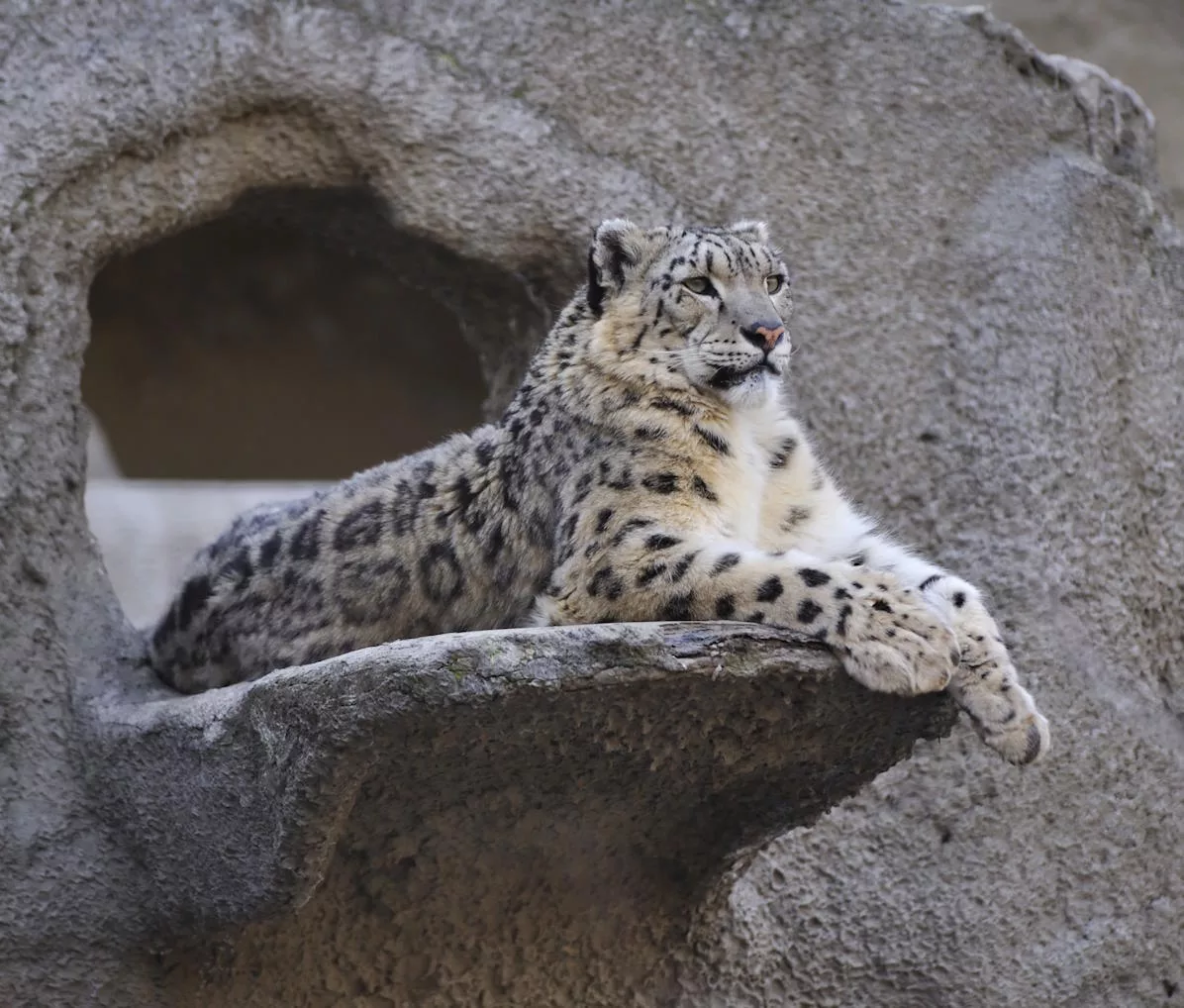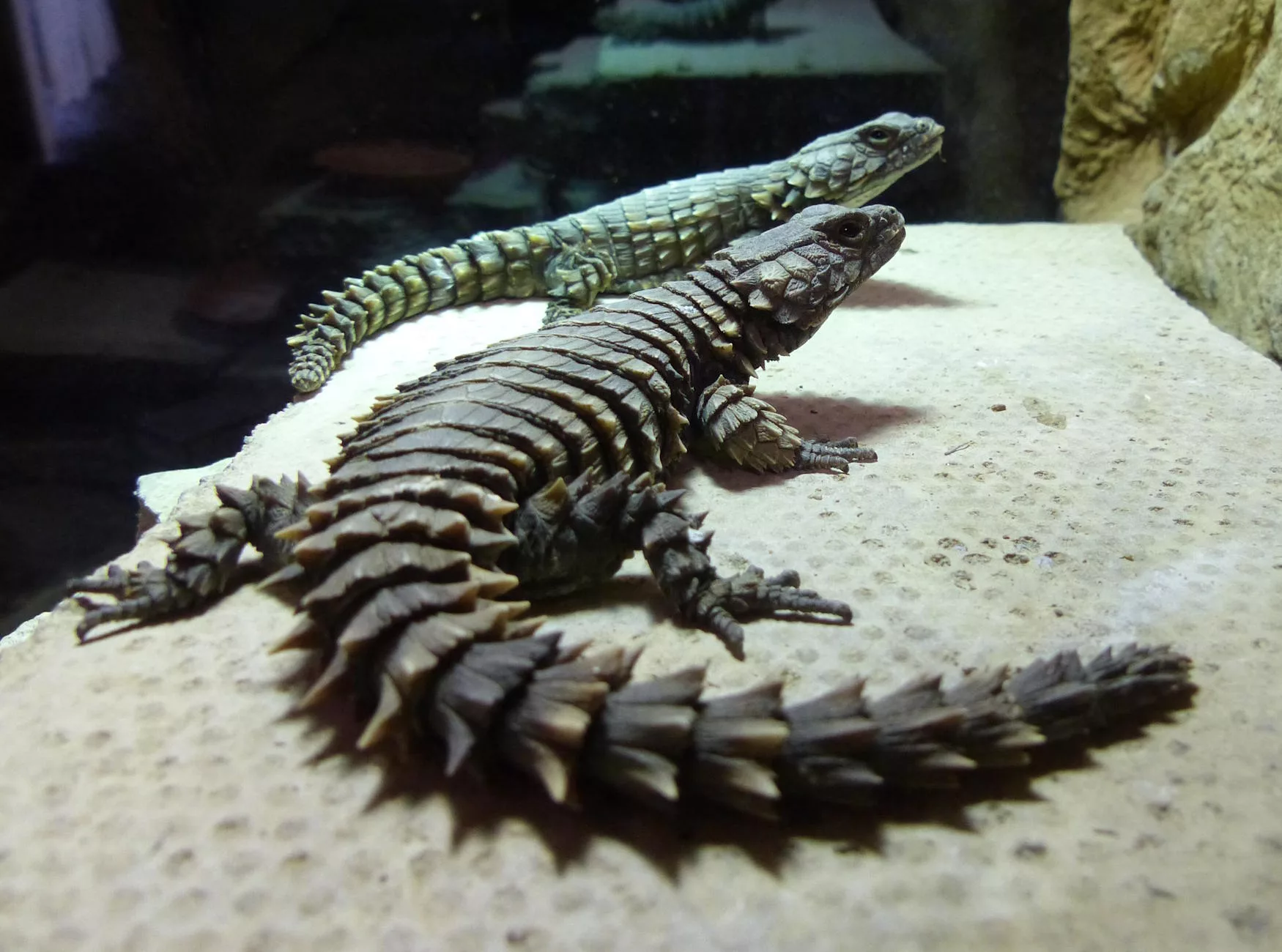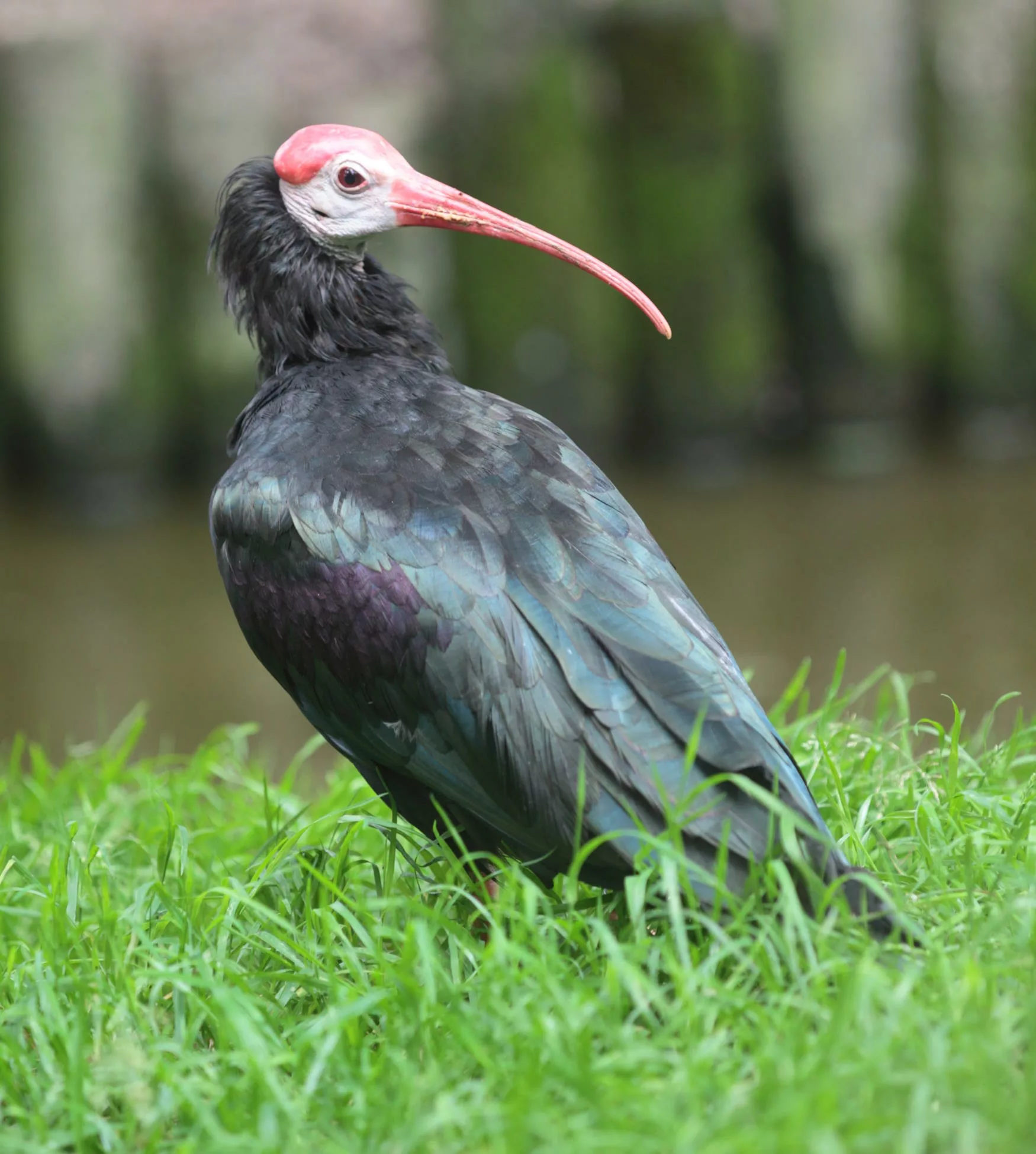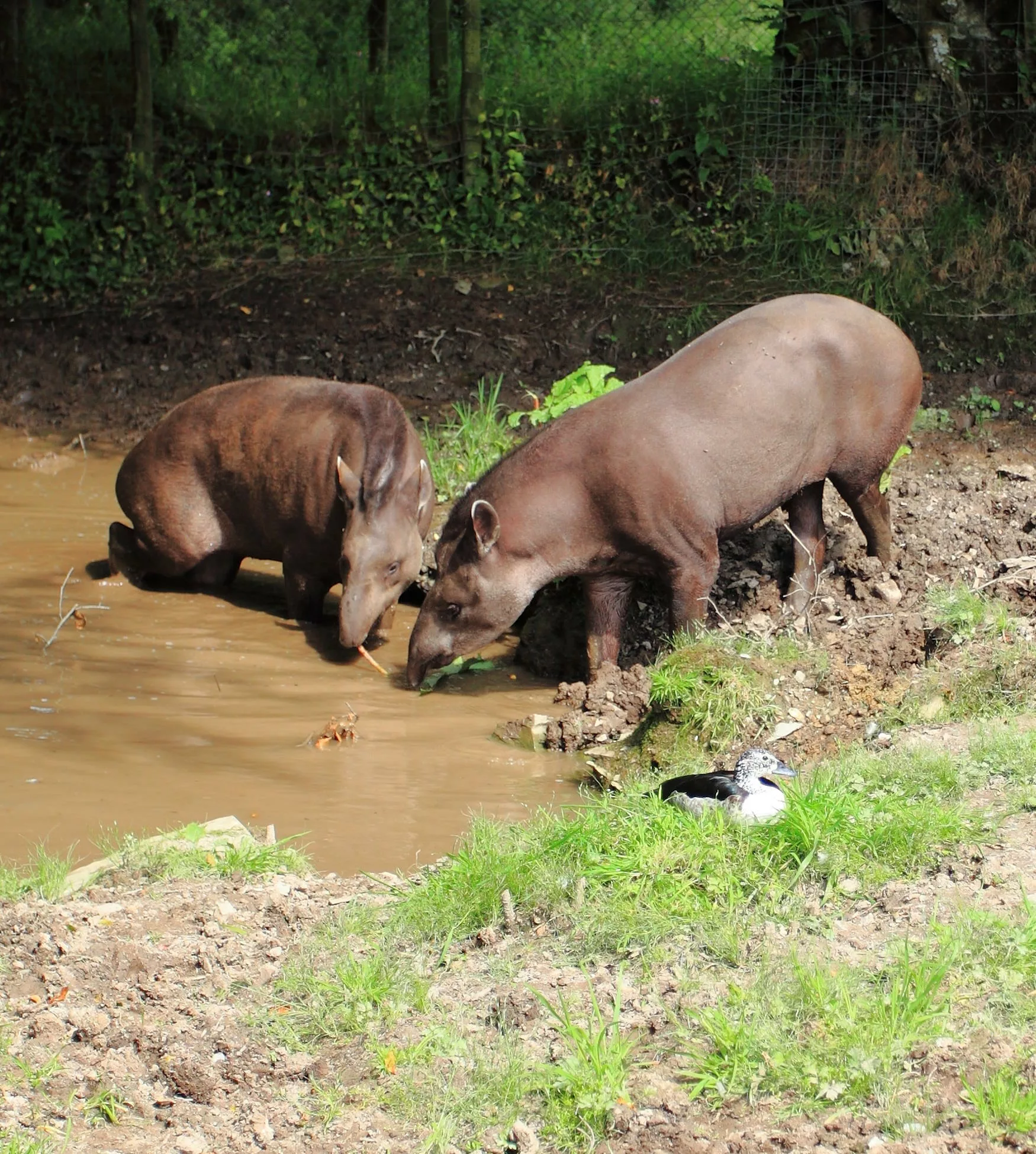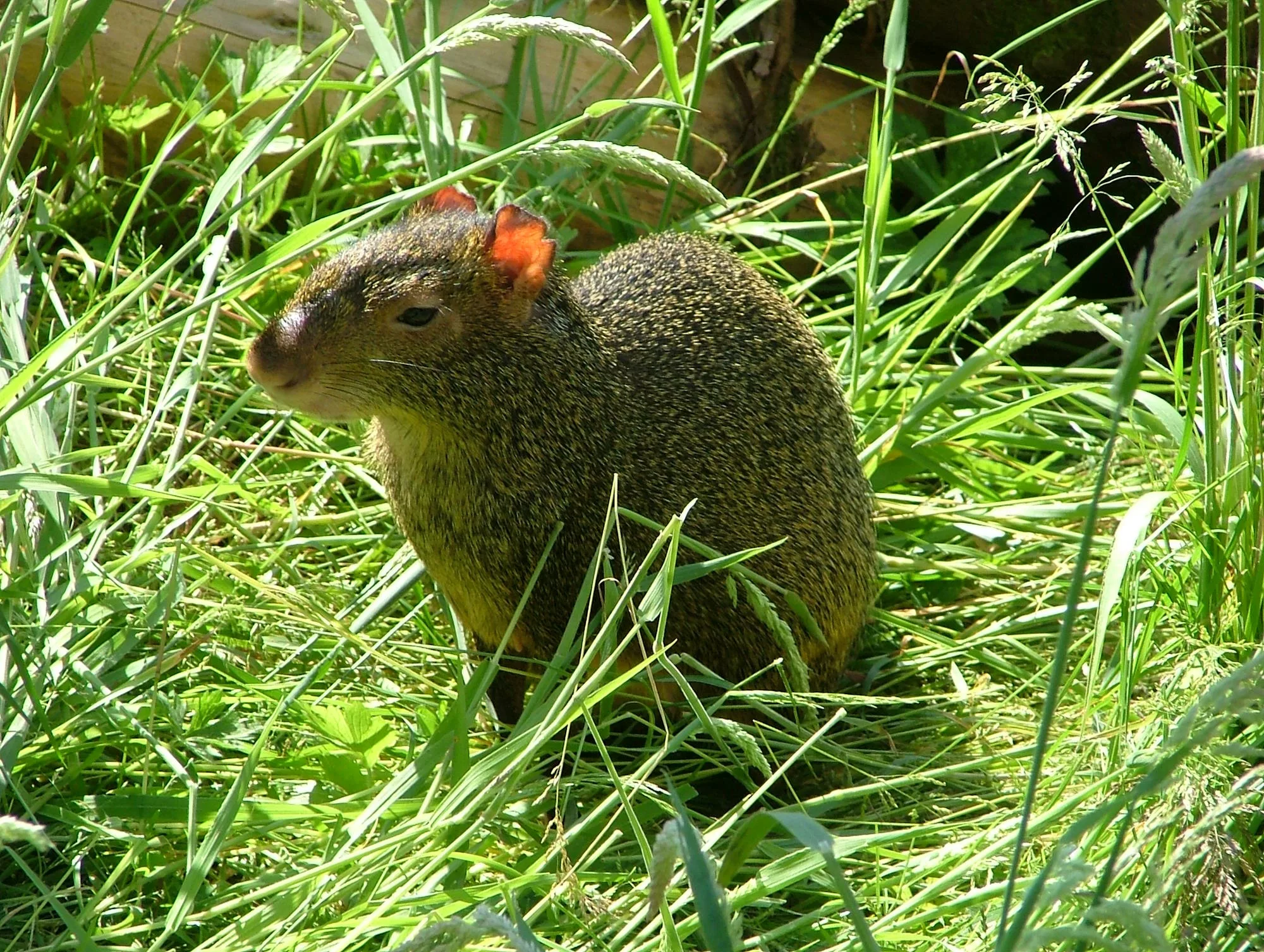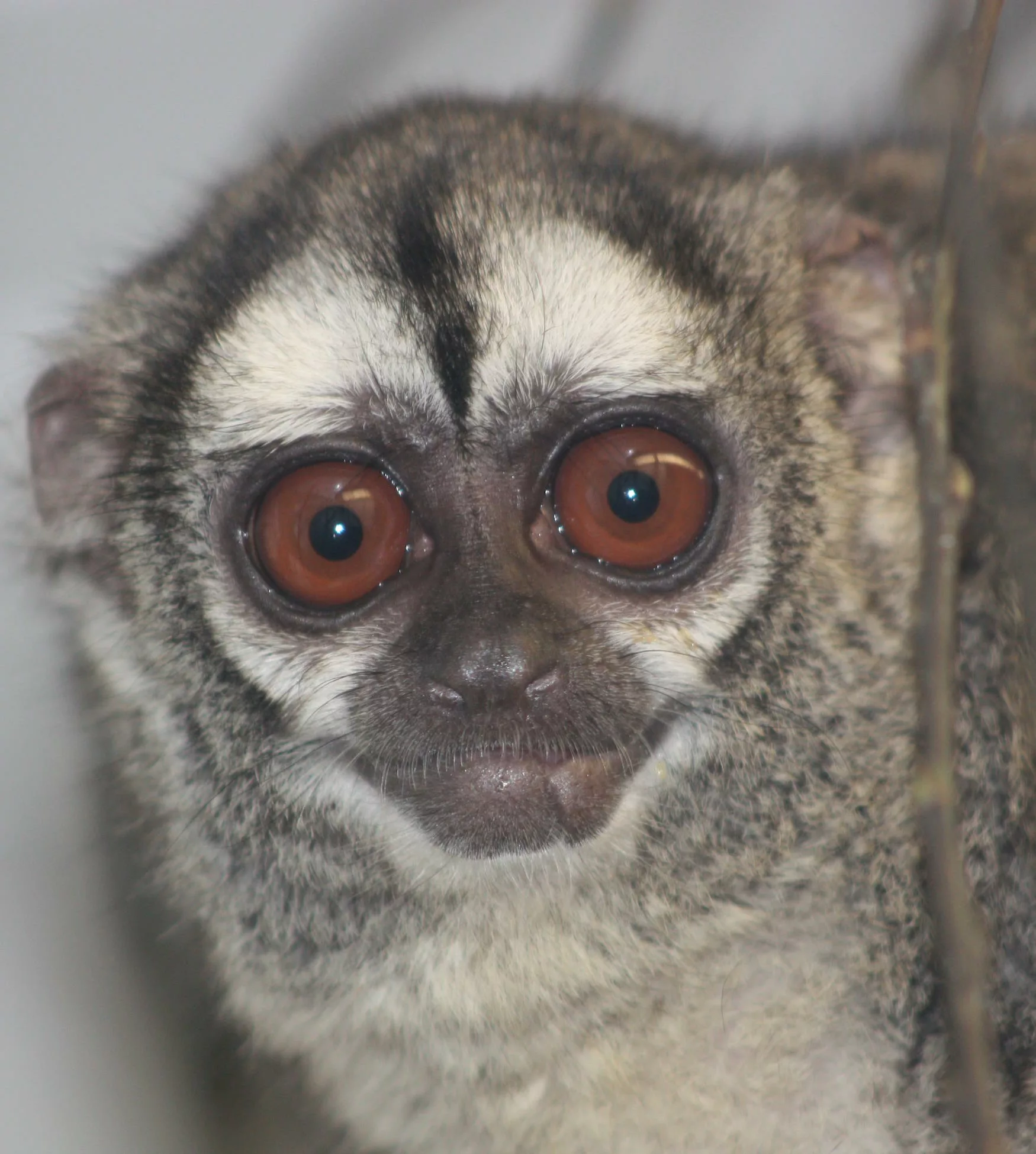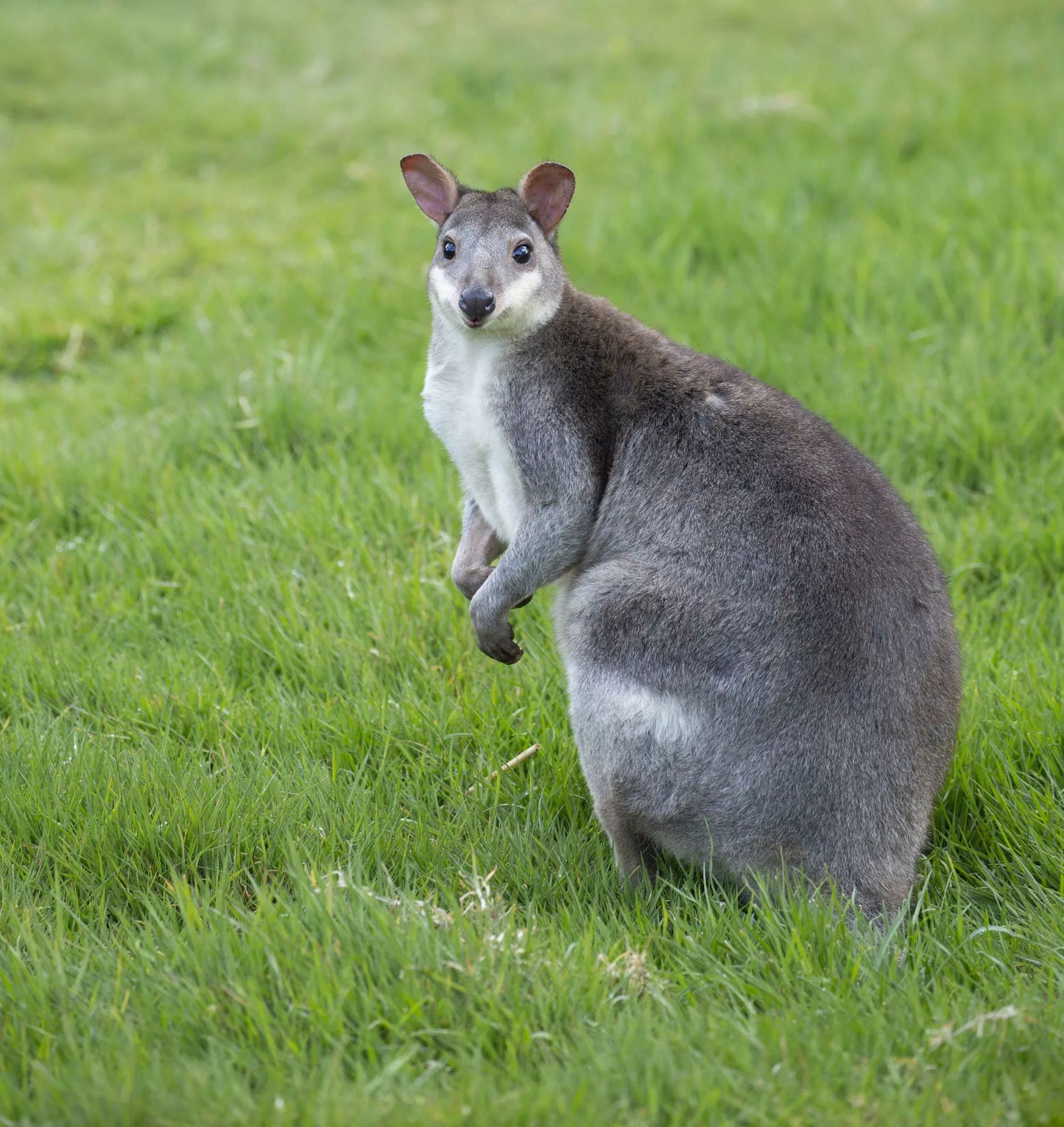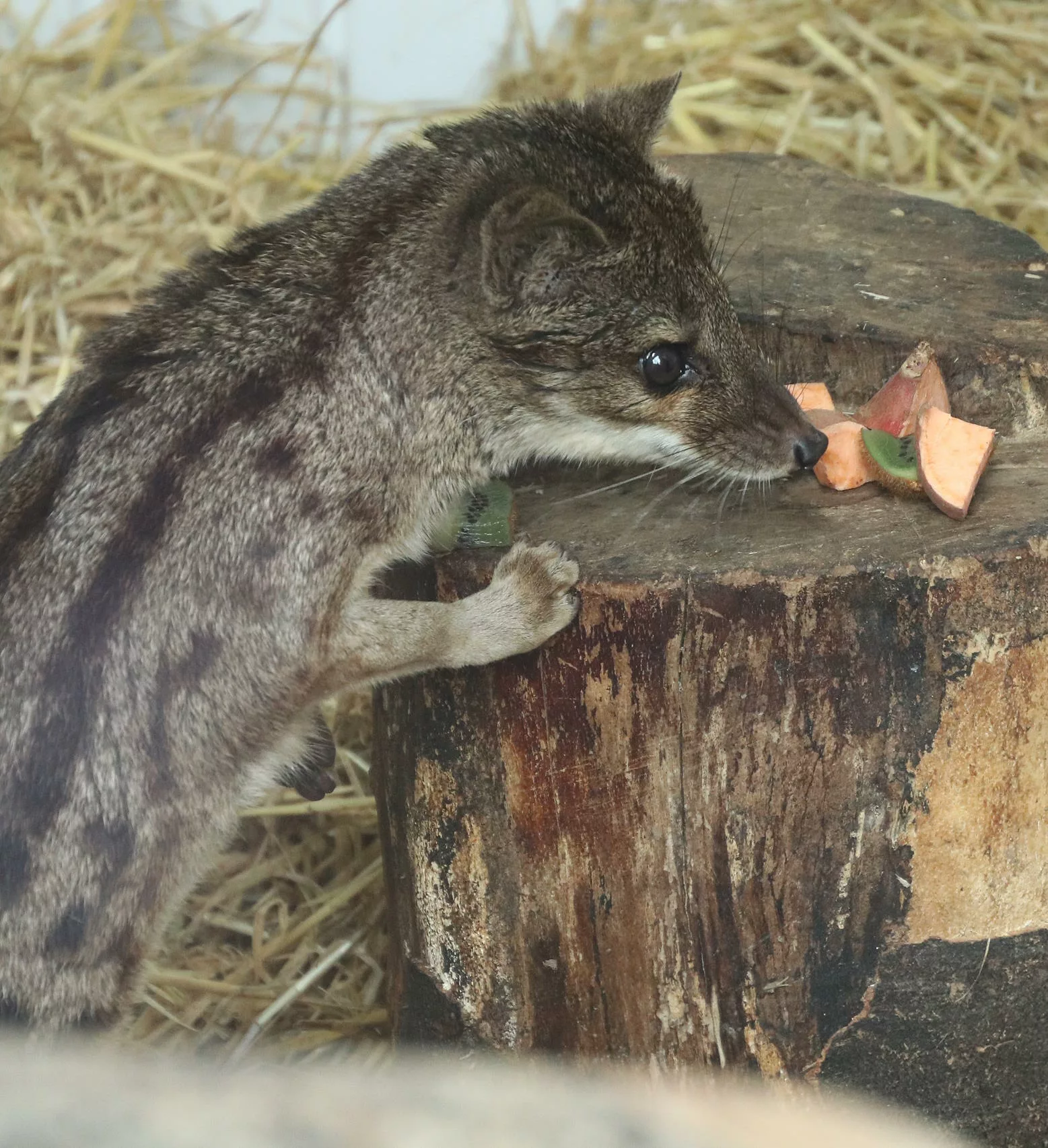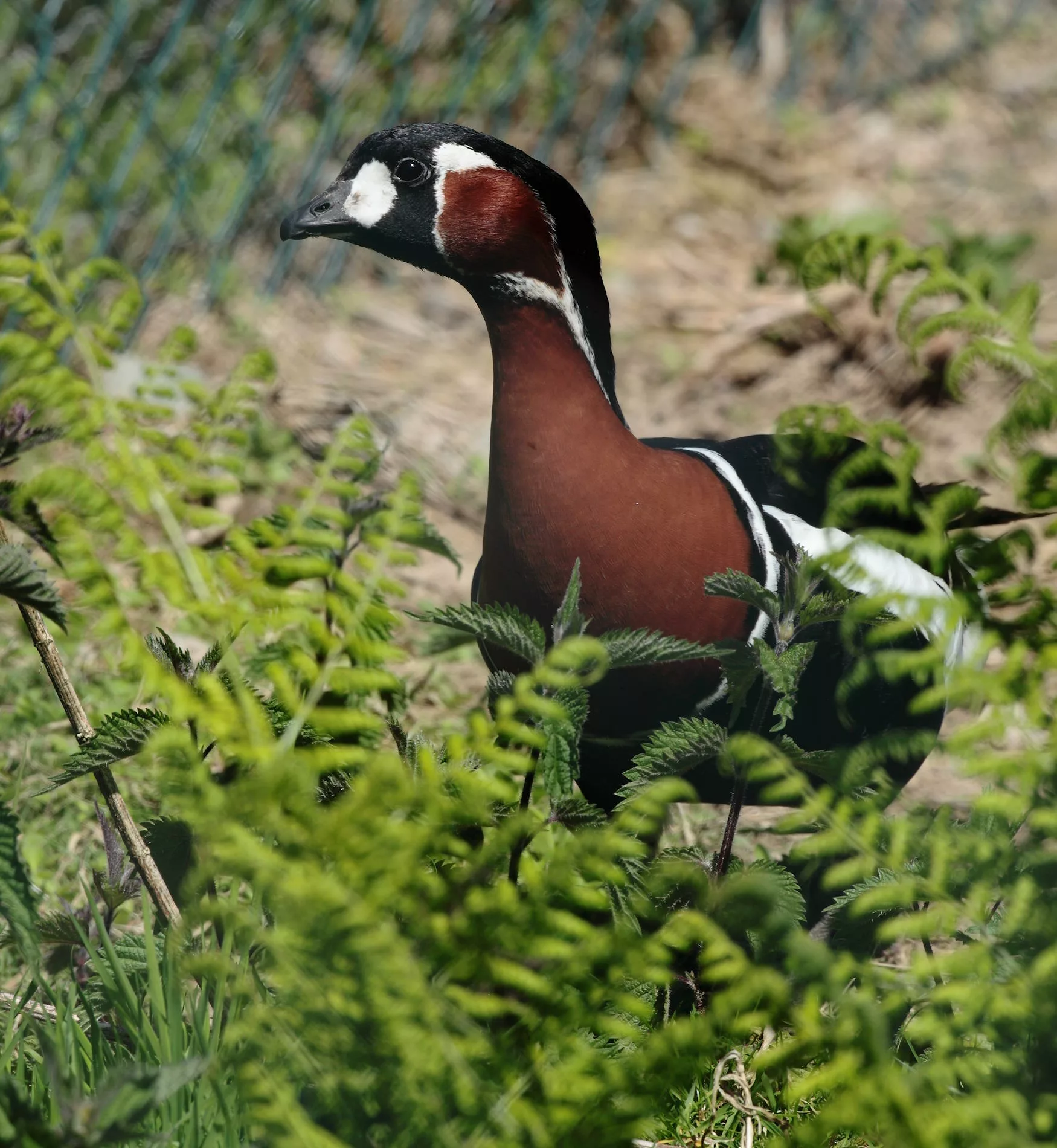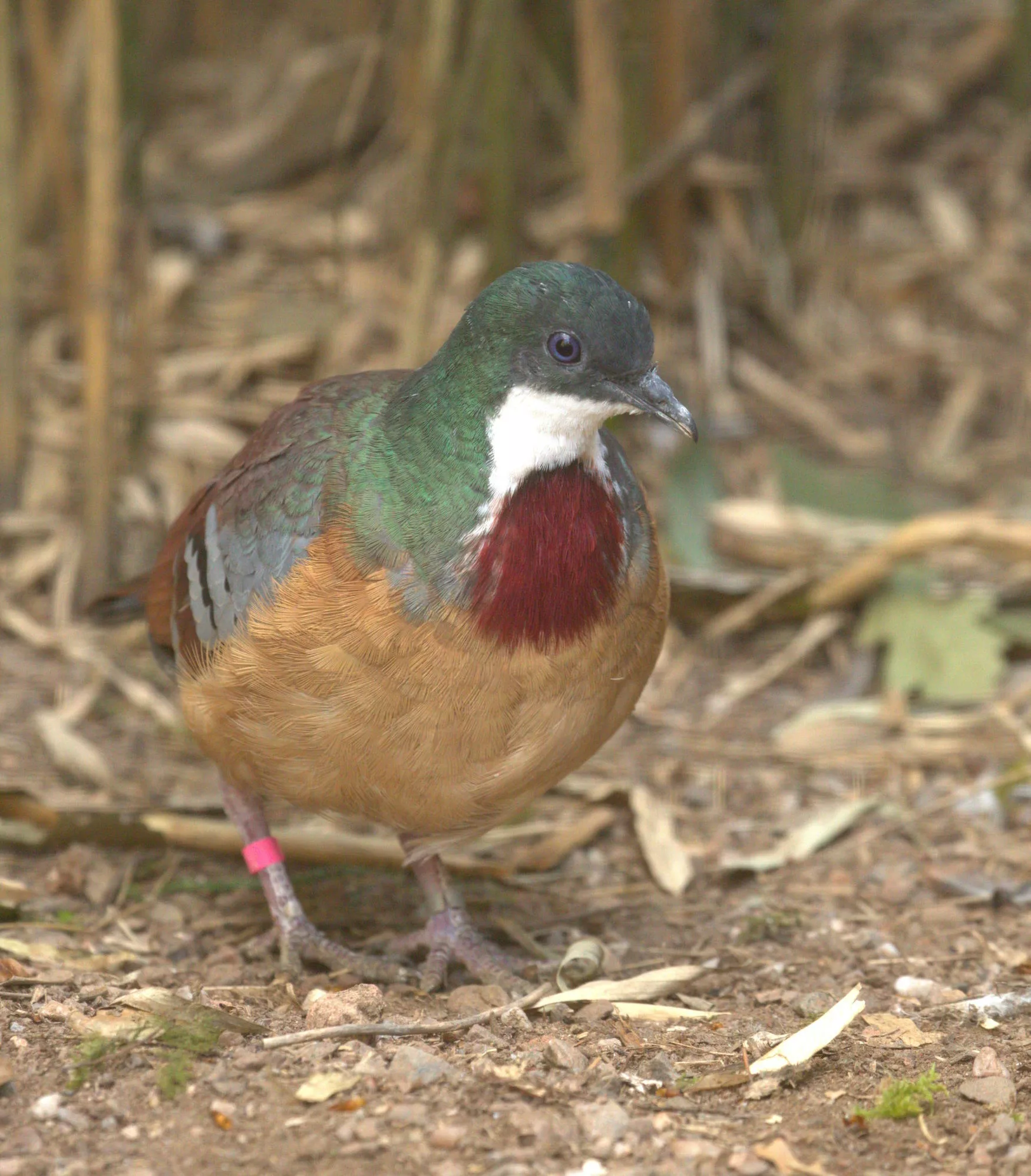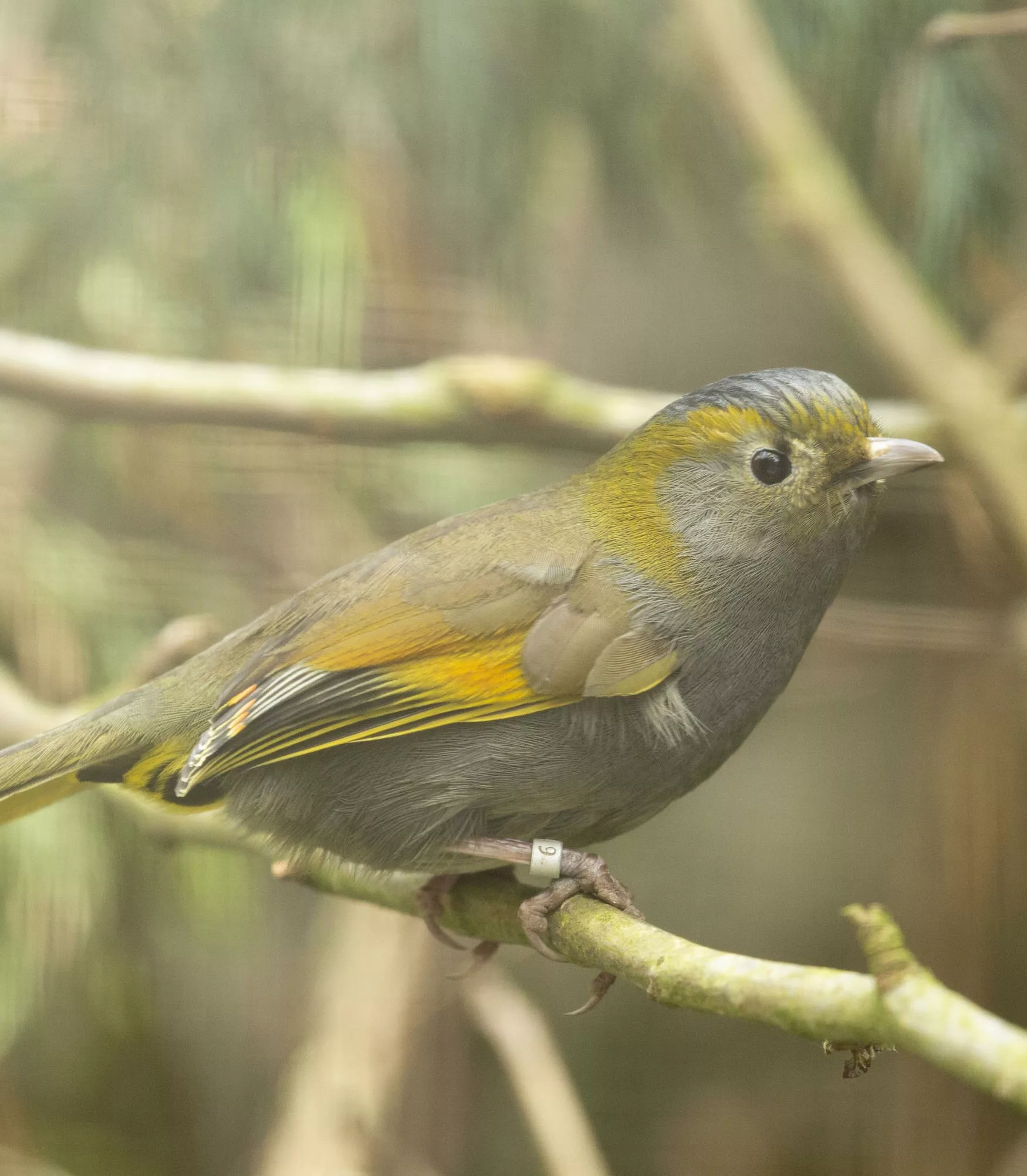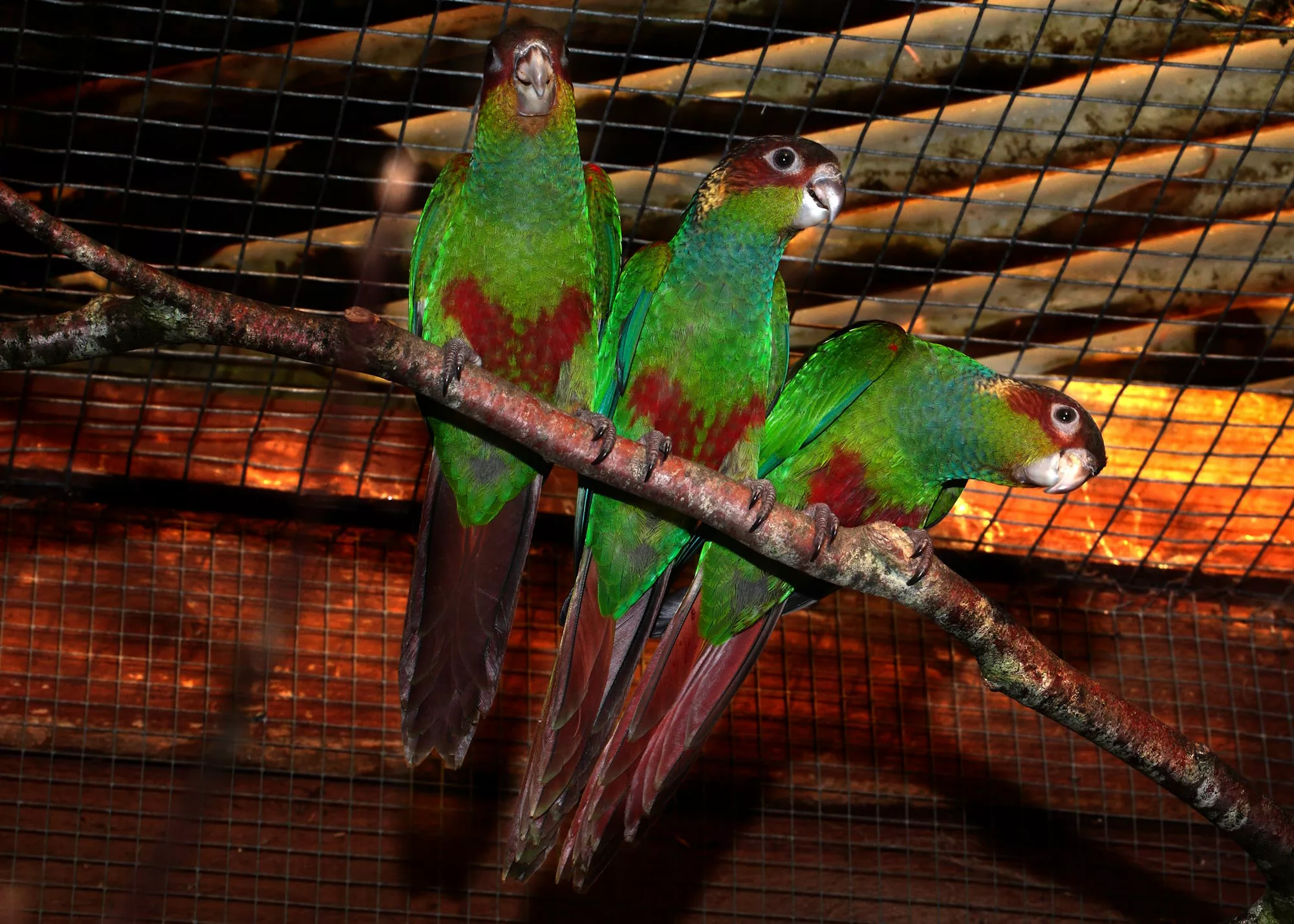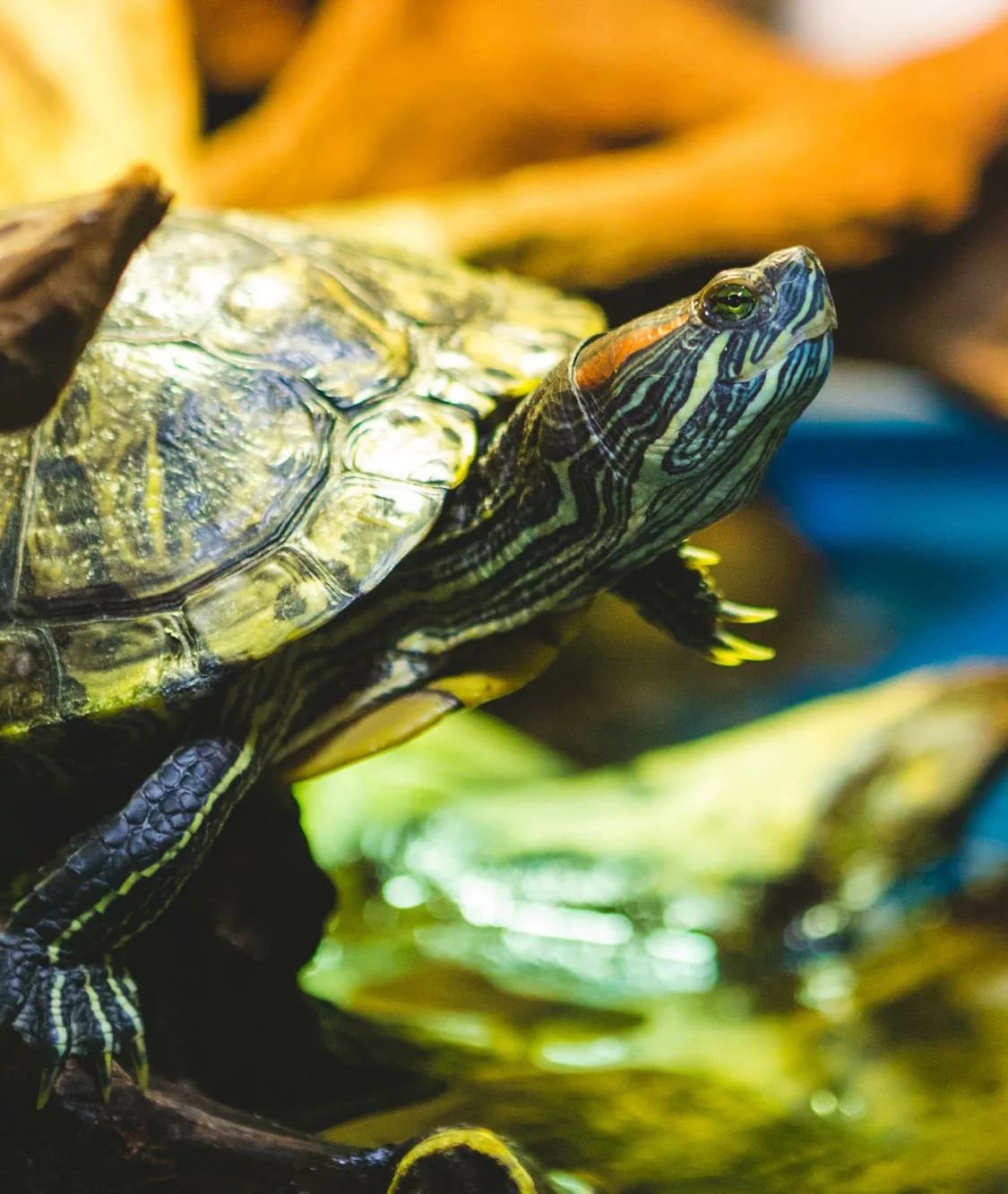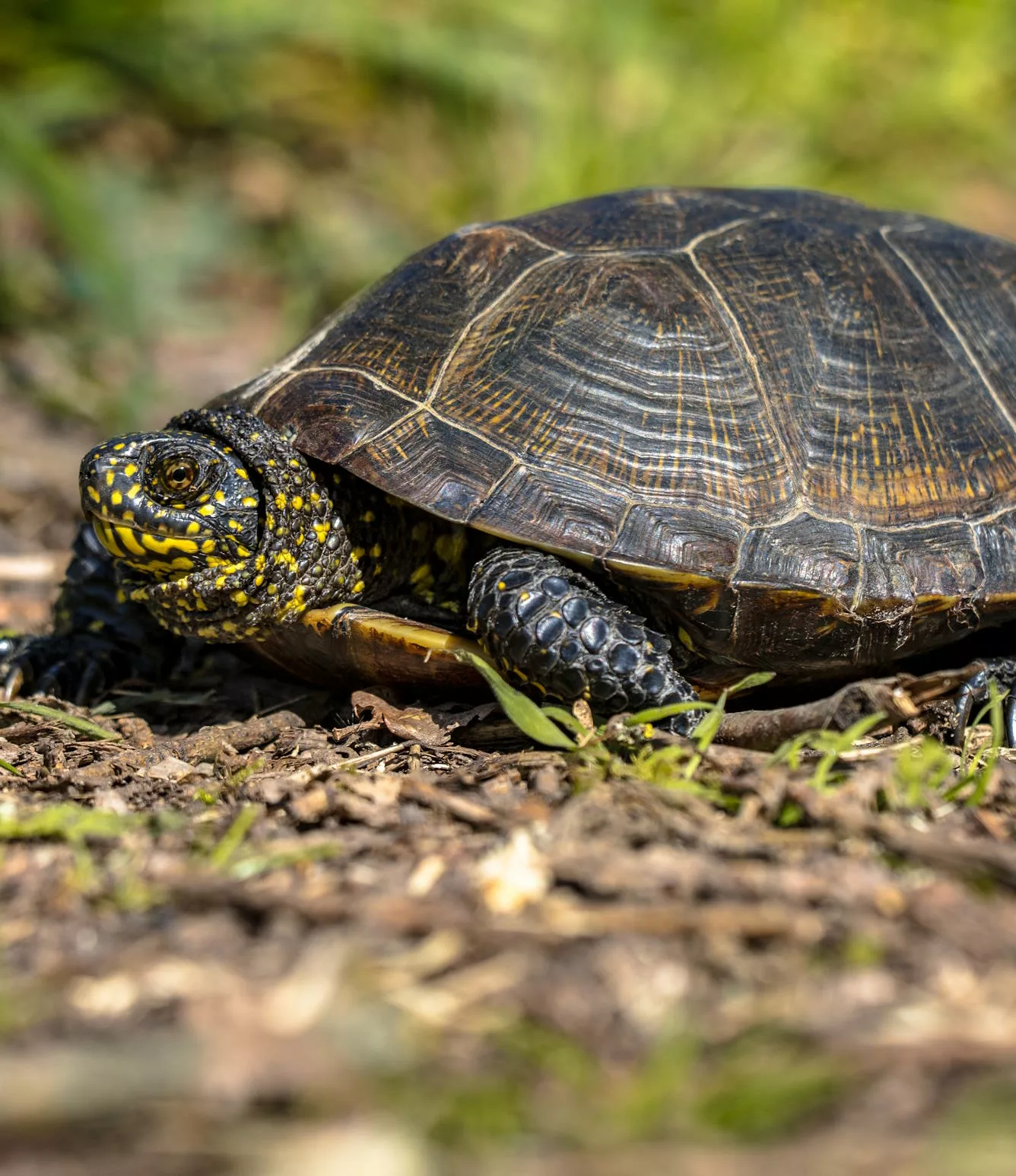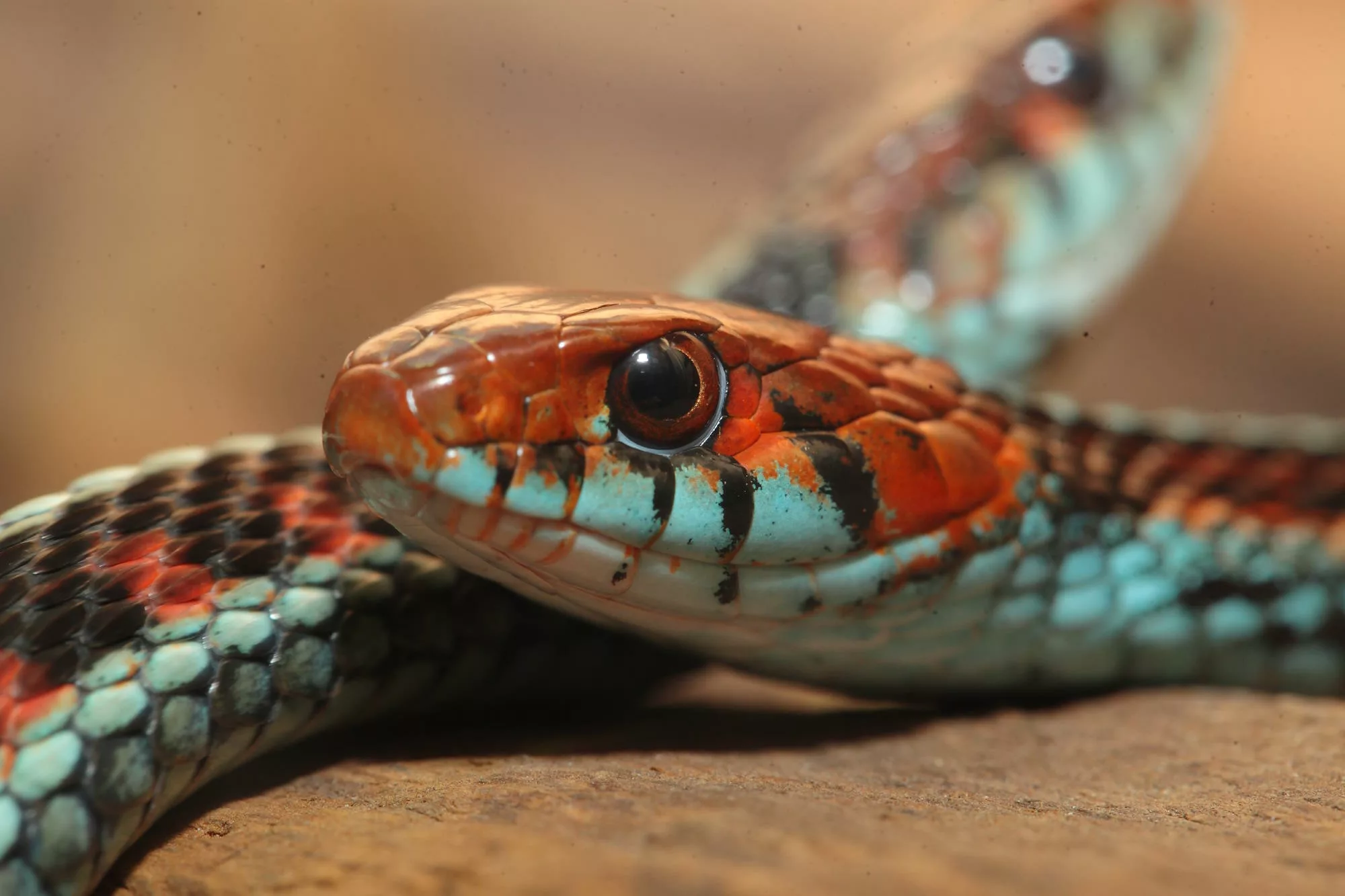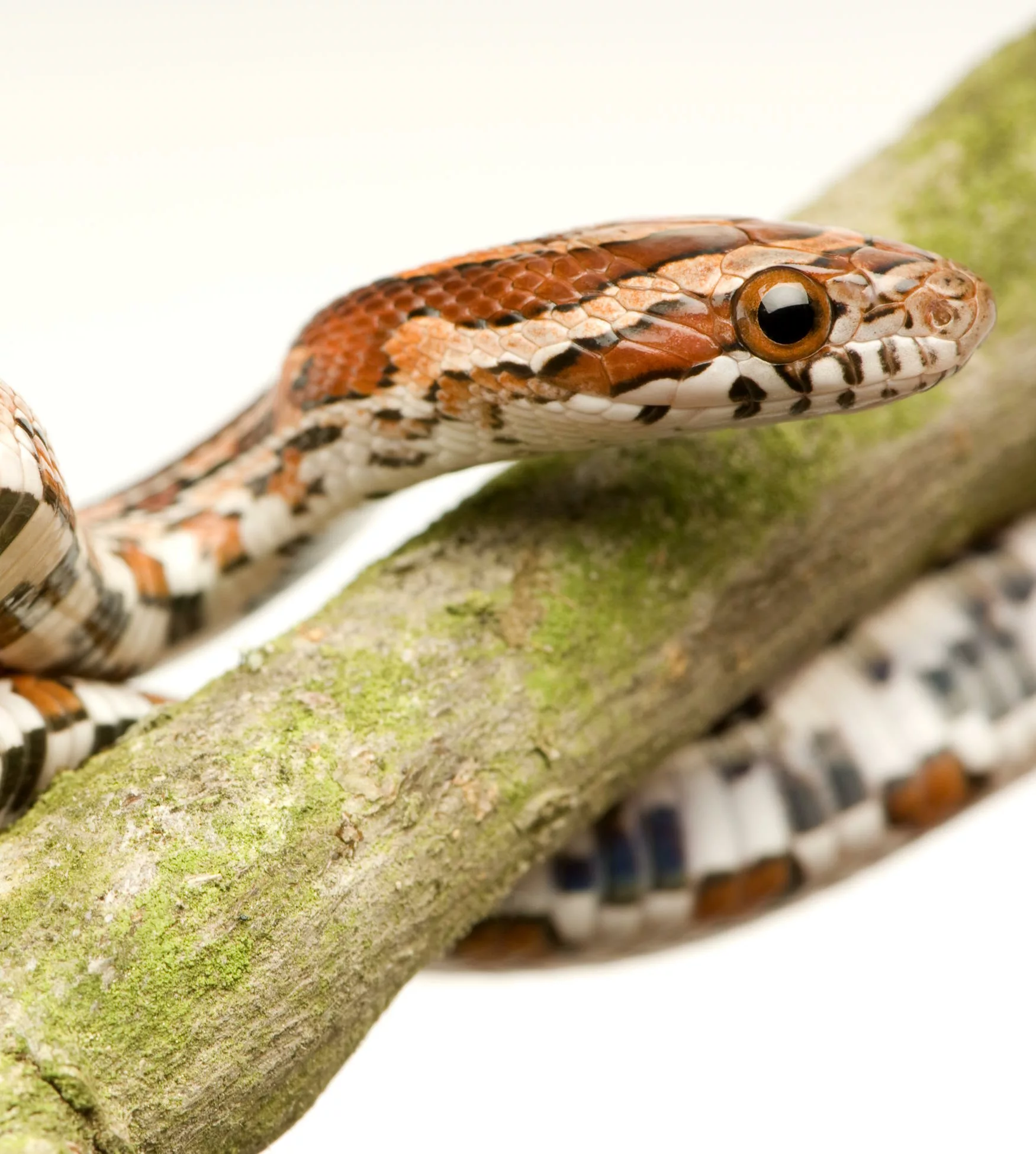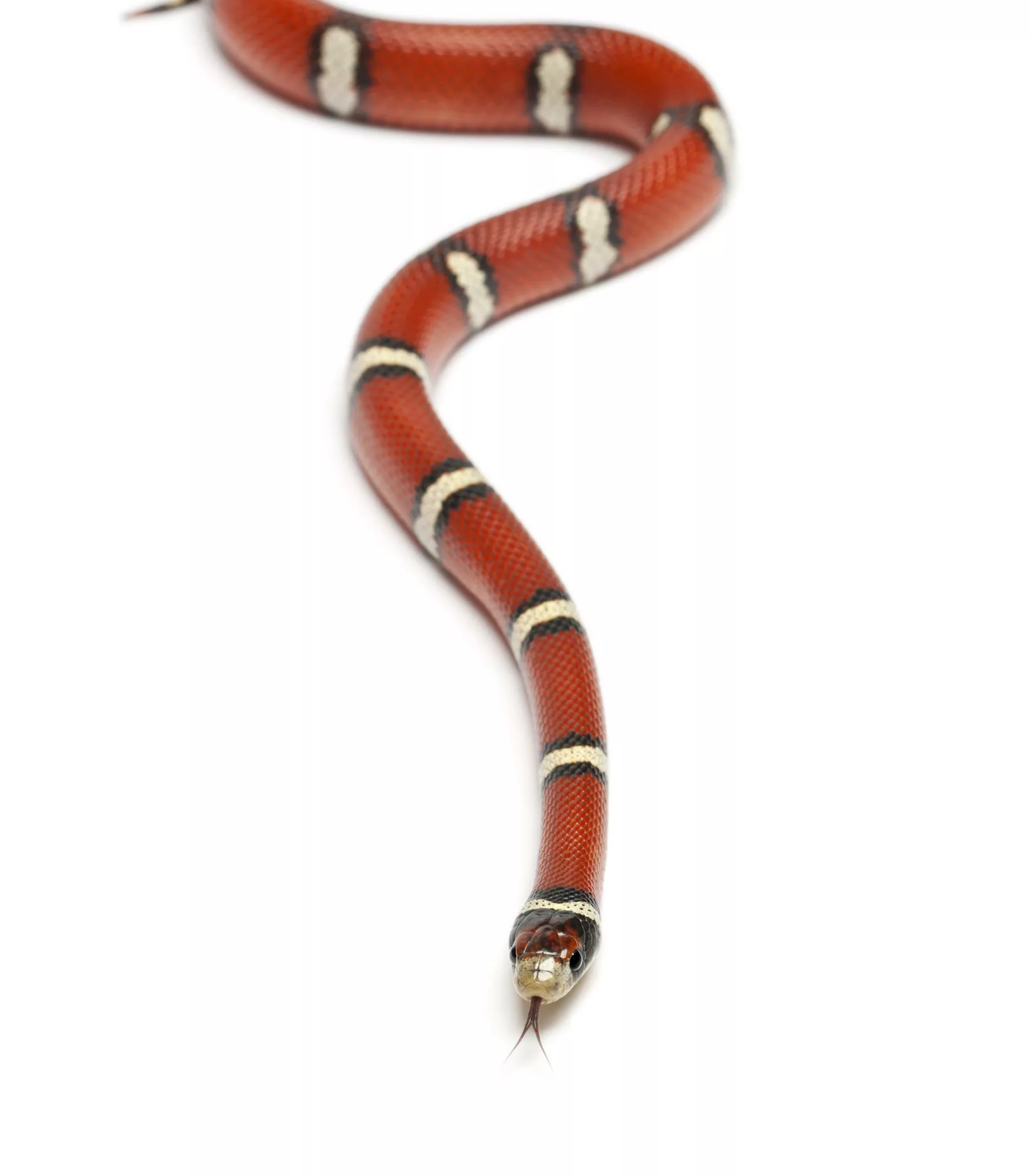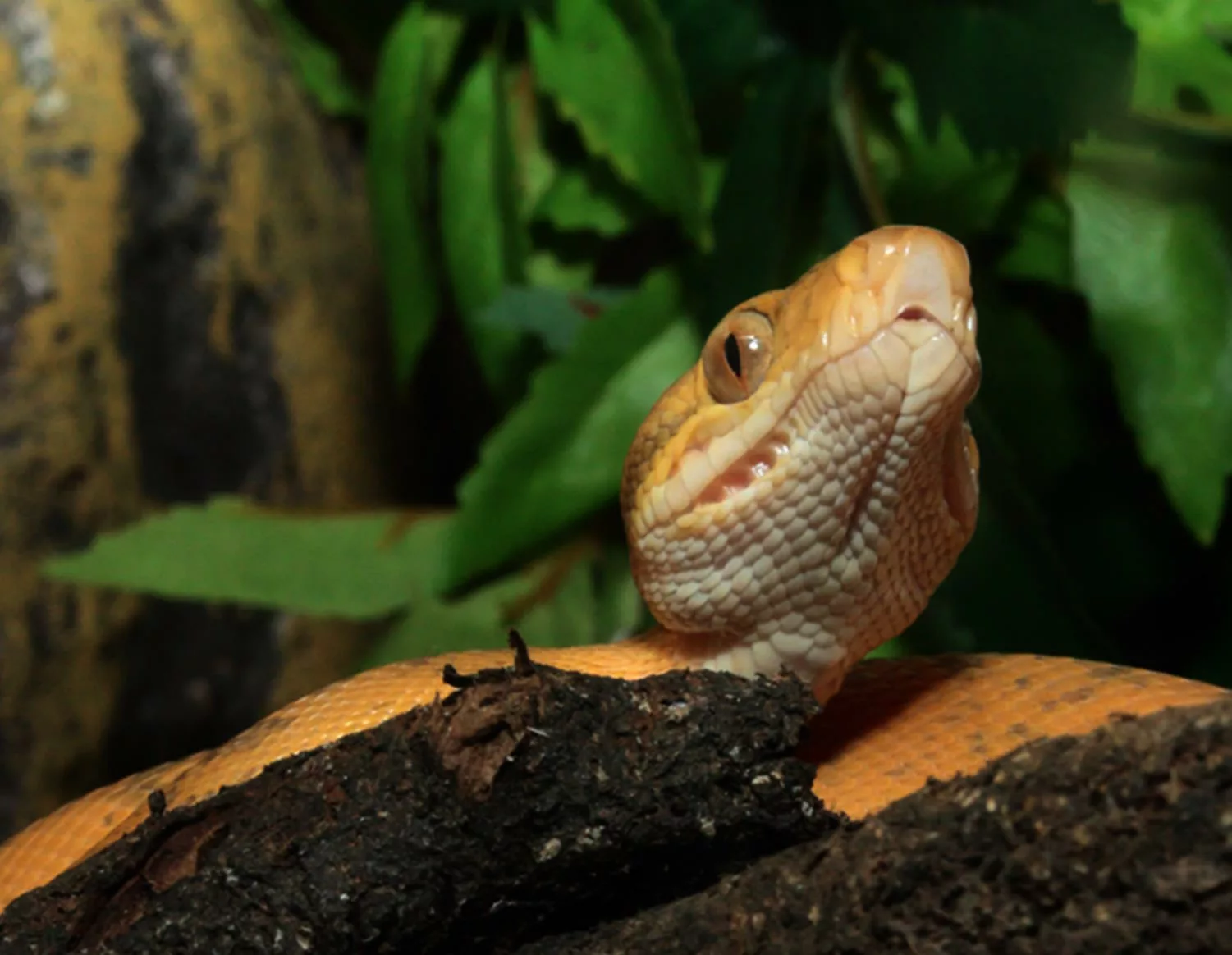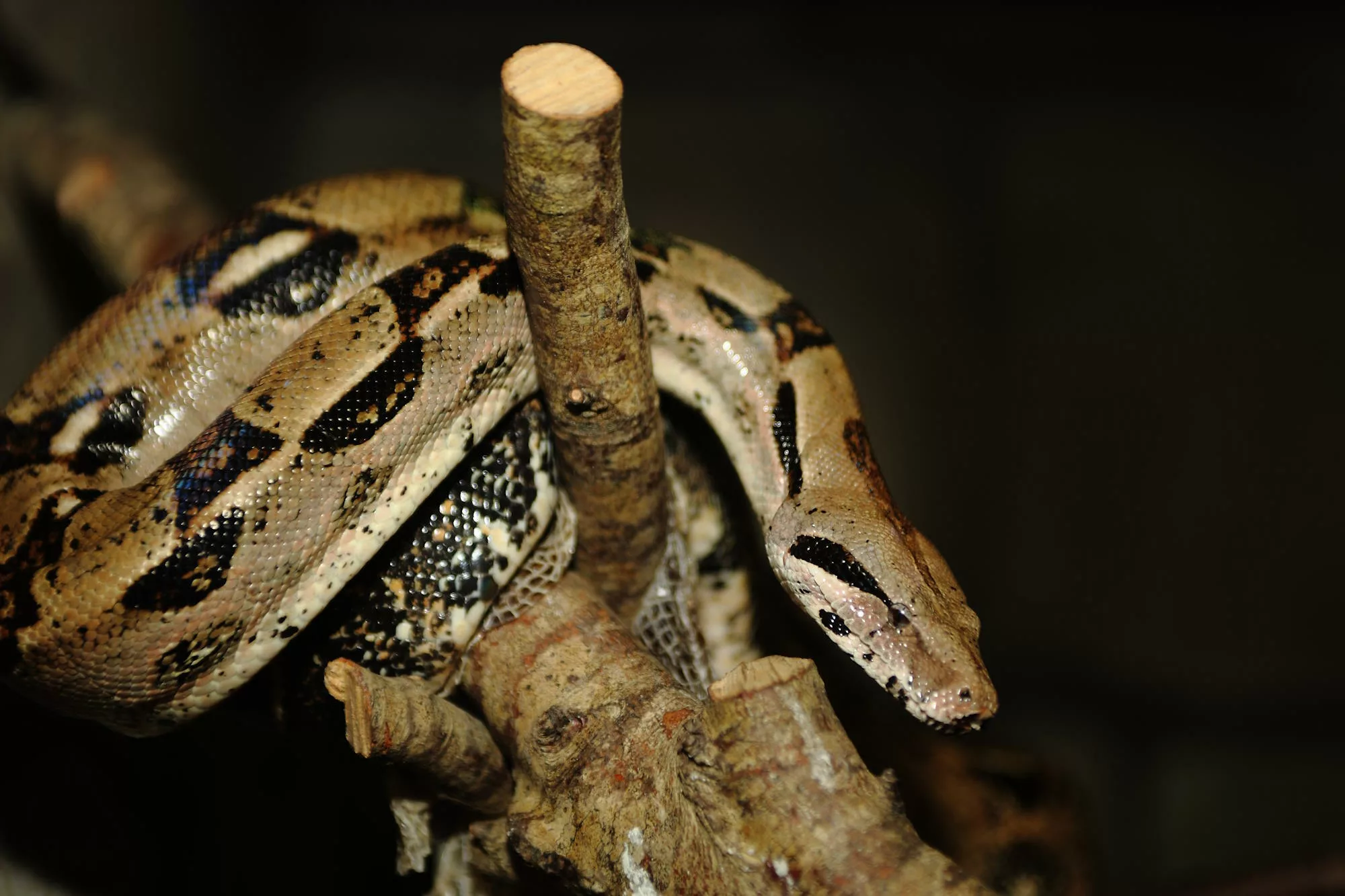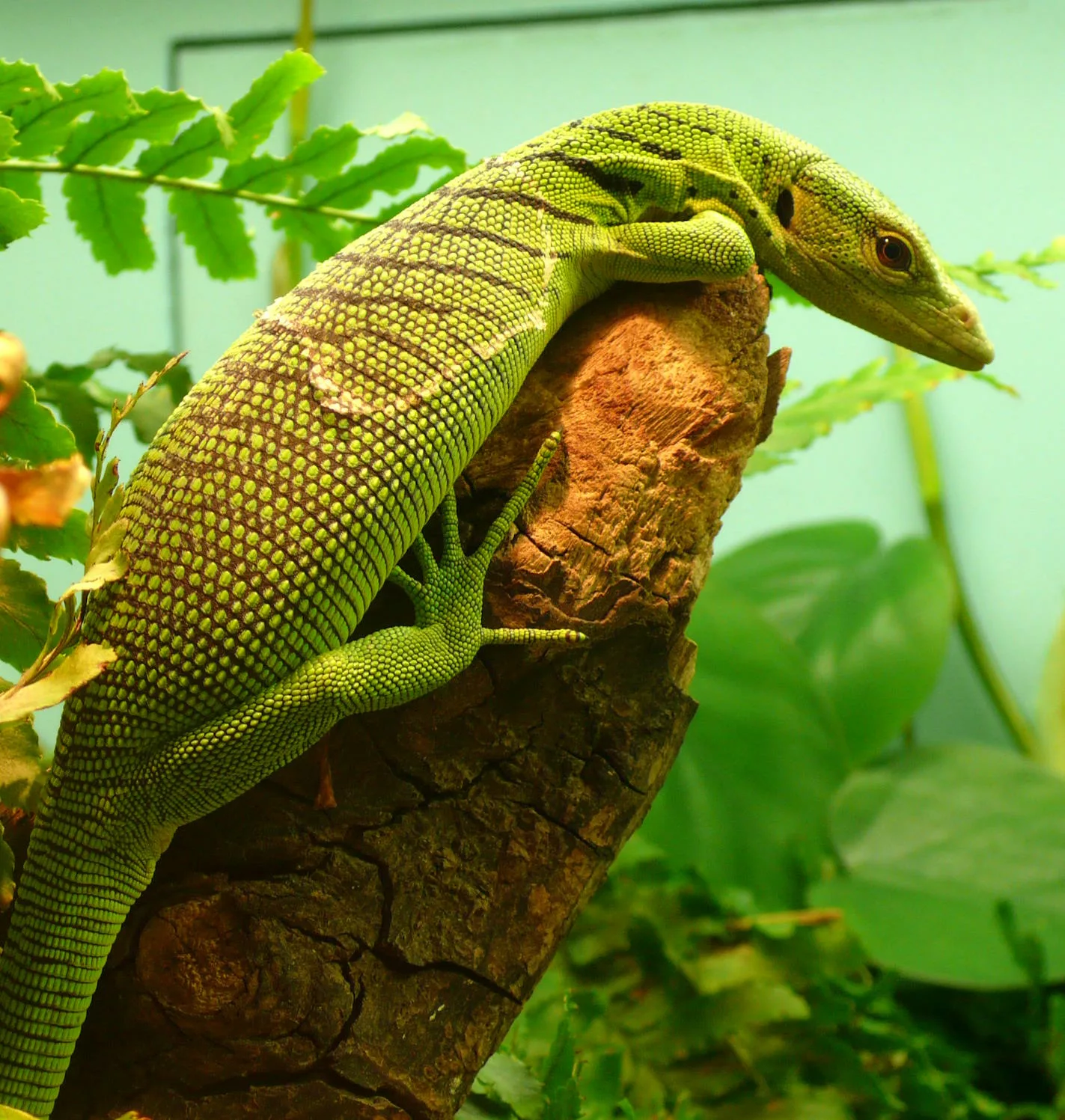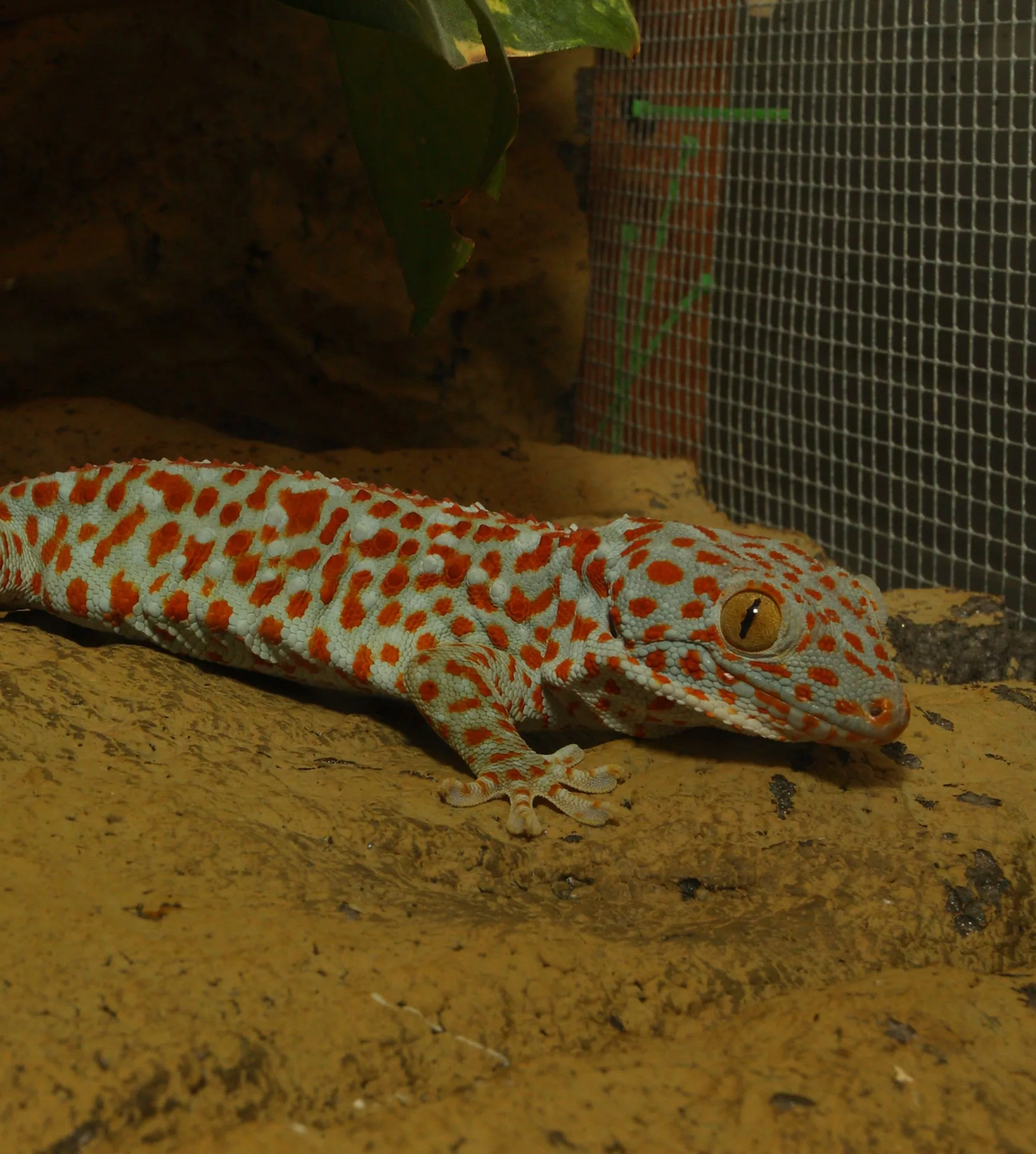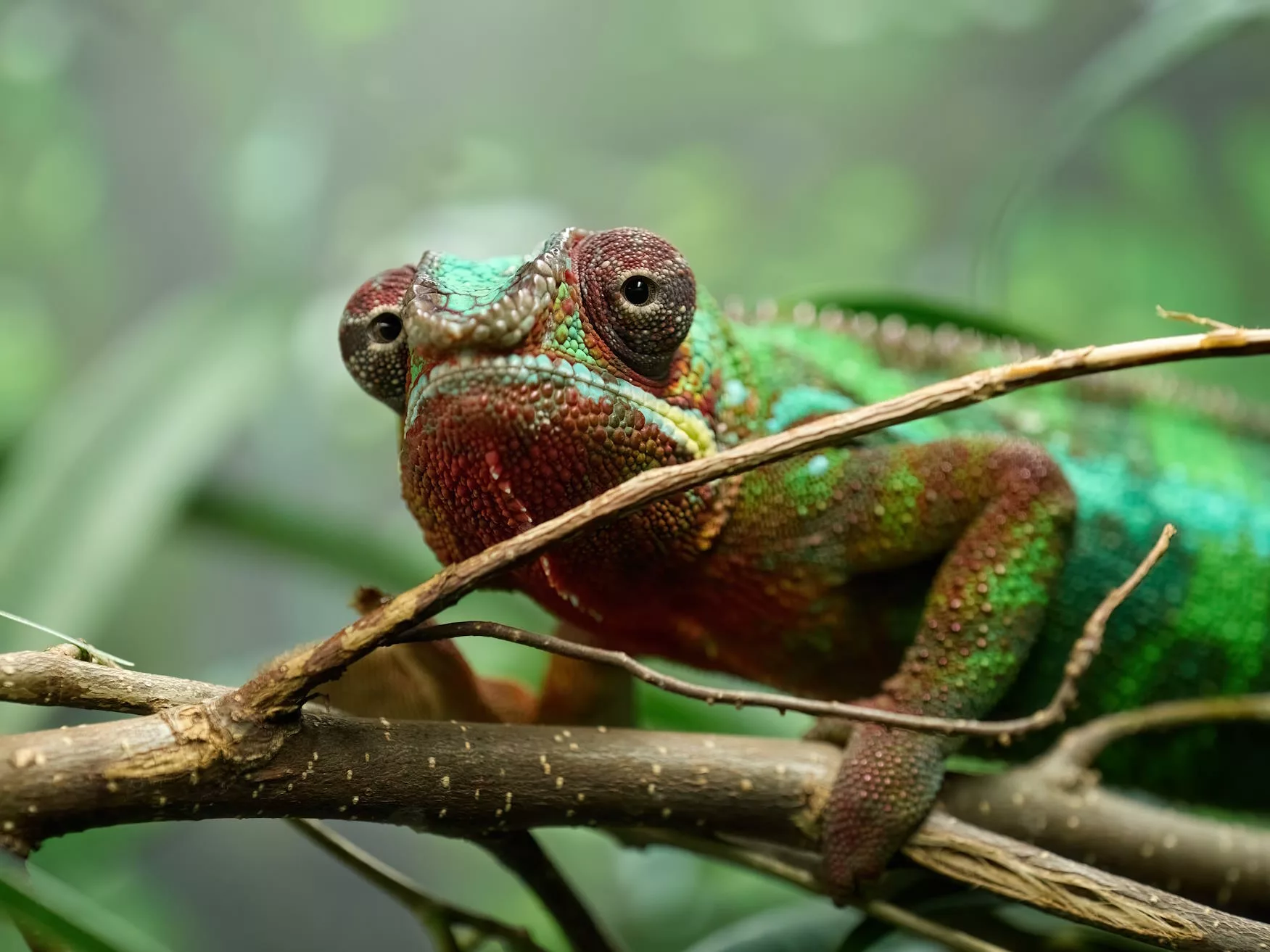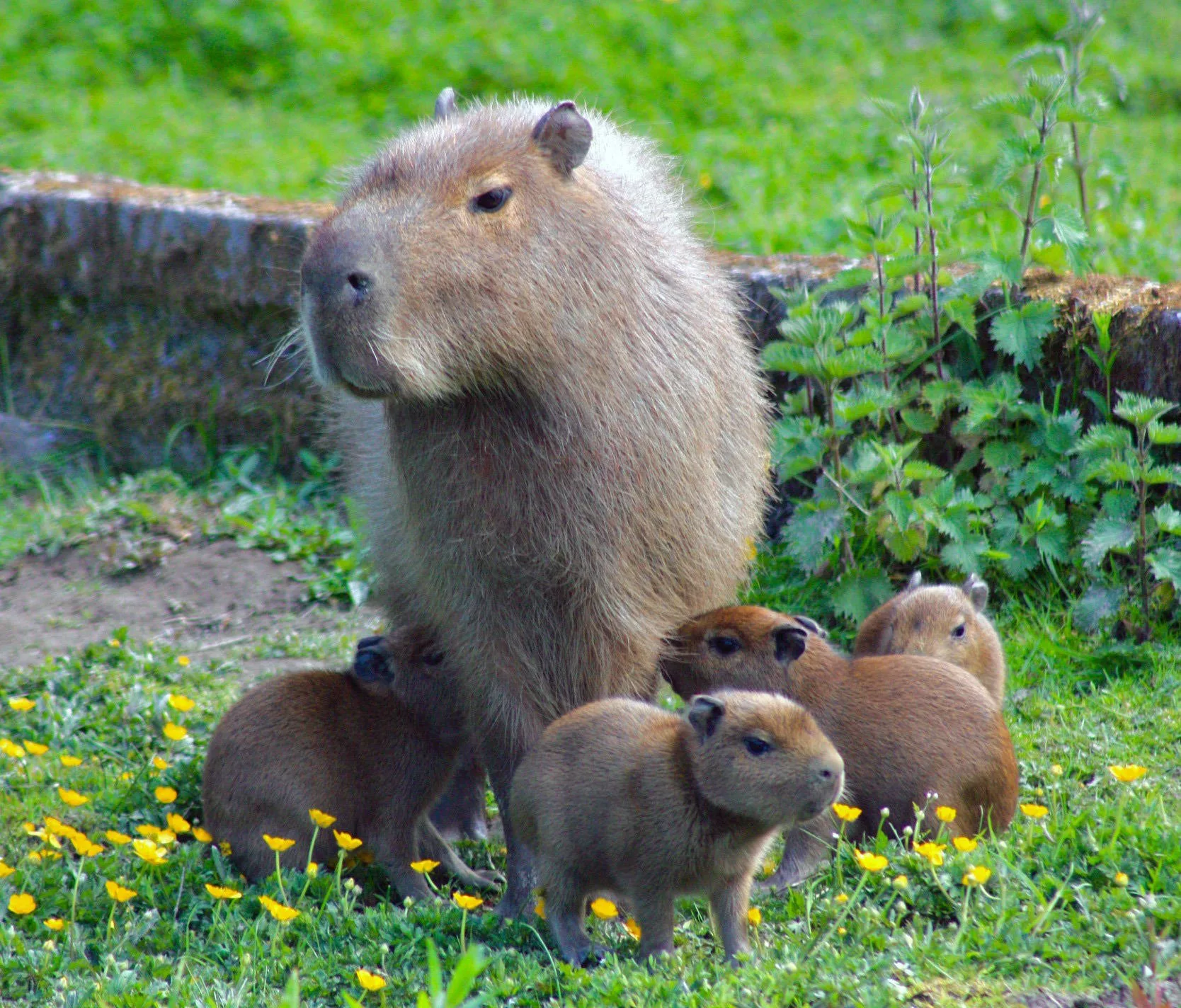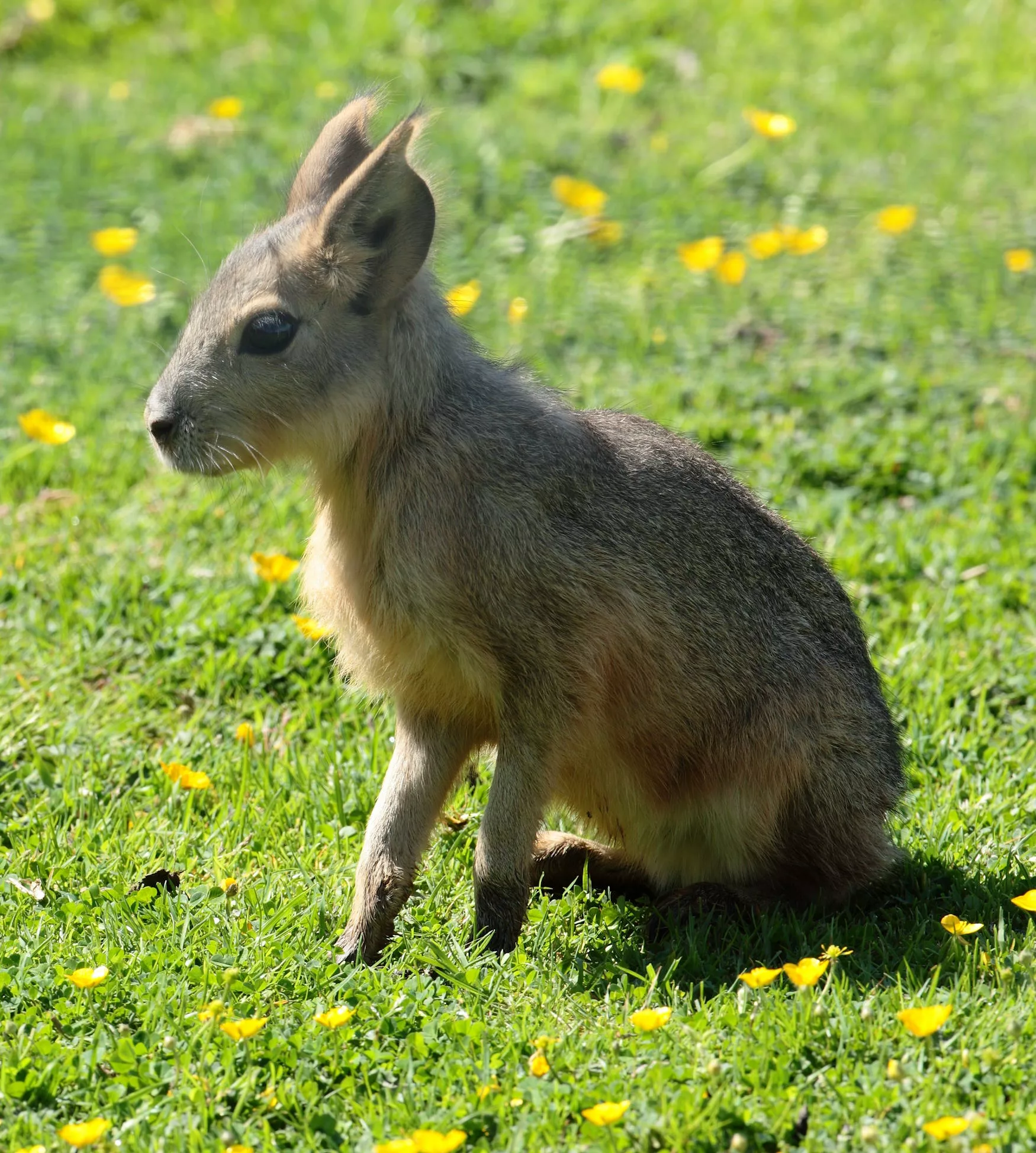
White-tailed Antsangy
Scientific name: Brachytarsomys albicauda
IUCN listed as: Least Concern
Learn before you visit!
Here are some facts about the species – Discover what they eat, find out about their natural habitat, see what they like to do, and more… Set the reading style to suit you too, everyday speak or something aimed towards children.
Child-friendly
Everyday
Diet
The white-tailed antsangy primarily feeds on fruits and seeds, indicating a frugivorous diet. Despite possessing physical traits that might suggest a preference for leaves, such as broad zygomatic arches and ridged molars, they have shown a clear preference for fruit when given a choice. In captivity, they consistently choose fruits over leaves, highlighting their dietary inclinations.
White-tailed antsangies love eating fruits and seeds. Even though their teeth look like they might prefer leaves, they always choose fruits when given a choice. In zoos, they turn down leaves and go straight for the fruit.
Breeding
Breeding observations suggest that white-tailed antsangies can produce litters of at least six offspring. A female captured in late October was found to have six well-formed embryos, and similar litter sizes have been reported in captive settings. While specific details on parental care are limited, males have been observed defending nests, possibly indicating protective behaviour towards the young.
Female white-tailed antsangies can have up to six babies at once. One female had six babies in her tummy when caught in October. Dads sometimes stay near the nest to protect the family, showing they care for their young.
Habitat
Native to Madagascar, the white-tailed antsangy inhabits tropical rainforests along the eastern regions of the island, from Marojejy in the northeast to the Andringitra Massif in the southeast. They are arboreal, nesting in tree holes within these rainforests, typically within 2.5 meters of the ground. Their physical adaptations, such as strong, curved claws and a prehensile tail, facilitate their tree-dwelling lifestyle.
These animals live only in Madagascar’s rainforests, especially on the eastern side. They make their homes in tree holes, usually not far from the ground. Their sharp claws and special tails help them climb and live comfortably in trees.
At the zoo
In the UK, the white-tailed antsangy can be seen at Cannon Hall Farm, which houses a variety of Madagascan species. This facility provides visitors with the opportunity to observe these unique rodents up close. The presence of such species in UK zoos highlights conservation efforts and the educational value of showcasing diverse wildlife.
You can see white-tailed antsangies at Cannon Hall Farm in the UK. This farm has many animals from Madagascar, letting people learn about them up close. Visiting such places helps us understand and appreciate these unique creatures.
Behaviour
These rodents are nocturnal and strictly arboreal, spending most of their time in trees. They exhibit territorial behaviours, with males defending nests, especially when young are present. Their physical adaptations, including elongated hind foot digits and a flexible tail, support their arboreal lifestyle. While specific details on their social structures are limited, their nesting and defensive behaviours provide insight into their daily activities.
White-tailed antsangies are active at night and live in trees. Males protect their nests, especially when babies are around, showing they’re good dads. Their long tails and strong feet help them move easily in the trees. Not much else is known about how they live, but these traits give us clues about their daily life.
Fun facts
- Tail Tip: Their tails have a white tip, making them easy to identify.
- Size Matters: They can grow up to 50 cm long, including their tail.
- Family First: Males help protect the nest and look after the babies.
- Fruit Lovers: They prefer fruits over leaves, even though their teeth might suggest otherwise.
- Madagascar’s Treasure: They’re found only in Madagascar, making them a unique part of its wildlife.
- Tail Tip: They have a cool white tip on their tails, which helps us tell them apart from other animals.
- Big and Small: From nose to tail, they can be as long as 50 cm, which is about the length of a ruler.
- Dad’s Duty: The dads stick around to guard the nest and help take care of the babies.
- Fruit Lovers: They prefer fruits over leaves, even though their teeth might suggest otherwise.
- Madagascar’s Treasure: They’re found only in Madagascar, making them a unique part of its wildlife.
More animals to discover at our zoo
Quick Links
Tickets & Prices
You can buy tickets for Exmoor Zoo securely online, as well as finding out more price options, discover offers, and more…
What’s on…
Exmoor Zoo hosts incredible Events all through the year. You can find out about what we’ve got in store here…
Routes & info
Like any great discovery, Exmoor Zoo can feel a little off the beaten path – but don’t worry – you can plan your journey with our recommended routes and other useful travel info.
